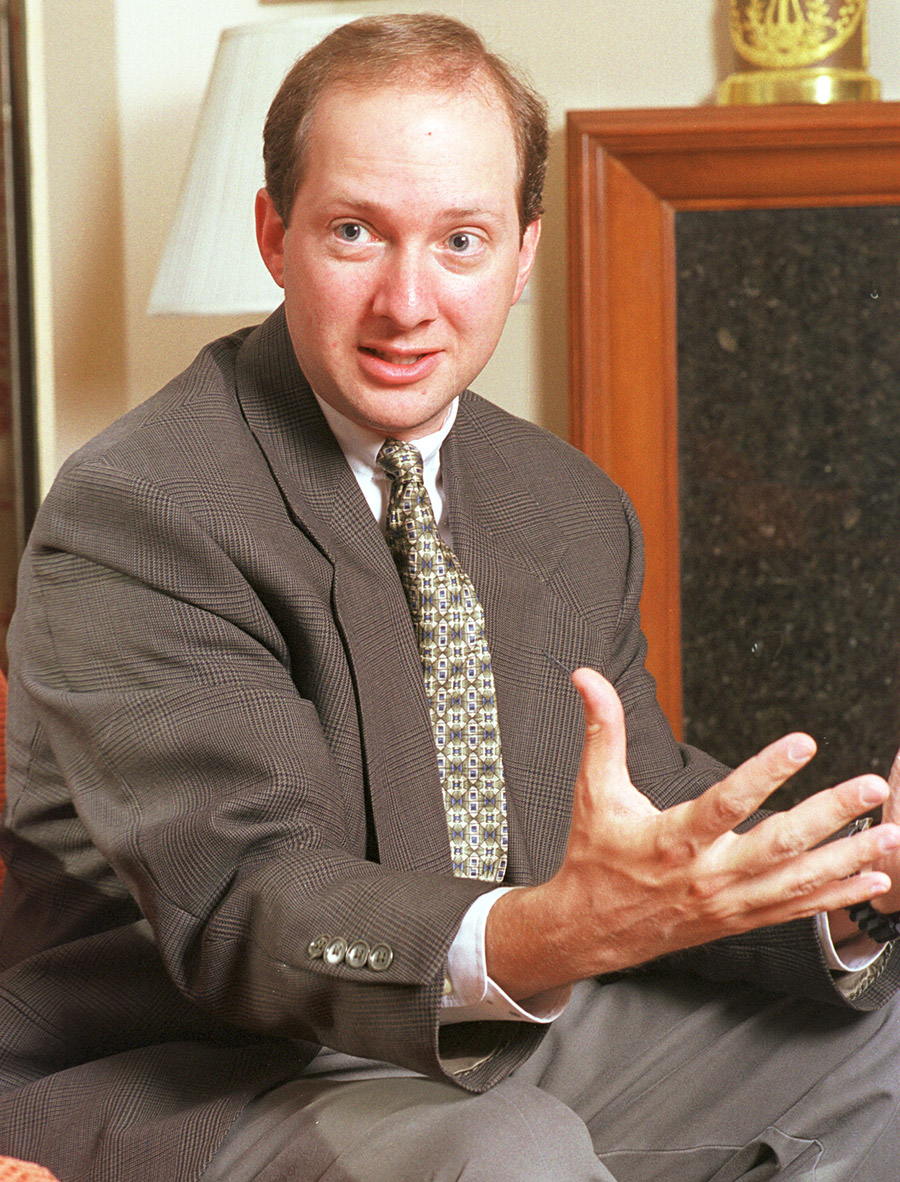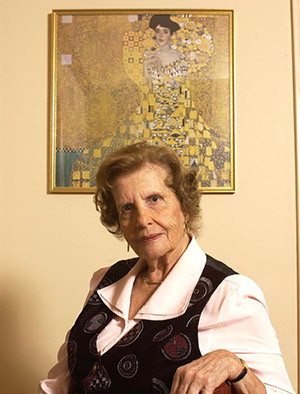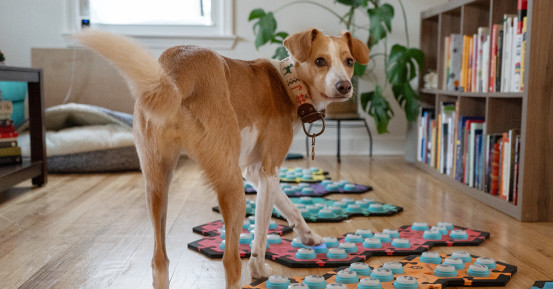Randol Schoenberg, the Man Behind Woman in Gold Movie to Speak May 6
Published Date
By:
- Dolores Davies
Share This:
Article Content

Attorney E. Randol Schoenberg
Attorney E. Randol Schoenberg was able to accomplish what few thought was possible—He recovered Gustav Klimt’s famous “Golden Lady” painting, which was stolen by the Nazis in 1938. Schoenberg’s experiences are the subject of a newly released movie, Woman in Gold, which he will discuss at the May 6 Holocaust Living History Workshop (HLHW) event, sponsored by Phyllis and Daniel Epstein. HLWH is a collaboration between the UC San Diego Library and the Jewish Studies program. The event will take place at the Copley International Conference Center on the UC San Diego campus. Seating is limited so reservations should be made in advance.
Schoenberg, a top litigator and the grandson of composer Arnold Schoenberg, succeeded in getting back the “Golden Lady” painting and other works of art after a seven-year struggle against the Austrian government. Woman in Gold—starring Helen Mirren, Ryan Reynolds, and Katie Holmes— is the true story of Schoenberg’s decision to take on a seemingly hopeless case for a close family friend, Maria Altmann, who was trying to recover six Klimt paintings stolen from her family home in Austria in 1938. The famous painting, officially called “Portrait of Adele Bloch-Bauer I,” depicts Altmann’s aunt, swathed in a glittering mosaic of gold.
Woman in Gold is based on Schoenberg and Altmann’s experiences, which are also the subject of the Lady in Gold: The Extraordinary Tale of Gustav Klimt’s Masterpiece, Portrait of Adele Bloch-Blauer, the 2012 book by Anne-Marie O’Connor.

Maria Altmann
The May 6 talk will take place at 5 p.m. at the Copley International Conference Center on the UC San Diego campus. The event will begin at 4:30 p.m., with light refreshments. The event is free and open to the public, but reservations are strongly recommended. To reserve seats, and for more information, click here. For more information about the Holocaust Living History Workshop, contact Susanne Hillman at hlhw@ucsd.edu or 858-534-7661 or visit the website.
The UC San Diego Library is one of only a few university libraries on the West Coast to have access to the USC Shoah Foundation Institute Visual History Archive, founded by film maker Steven Spielberg to document the stories of Holocaust survivors for his movie, Schindler’s List. In 1994, Spielberg established the Survivors of the Shoah Visual History Foundation, a non-profit organization, to collect and preserve more than 50,000 firsthand accounts of survivors and other witnesses of the Holocaust. The foundation became the USC Shoah Foundation Institute for Visual History and Education in 2006.
The HLHW was launched by the Library and the Jewish Studies Program to teach the history of the Holocaust through two methods of face-to-face contact, both with Holocaust survivors and their children and through the Visual History Archive. Student volunteers have received special training on how to search through the testimonies in the massive Archive, and then teach survivors and their families—from multiple generations—how to use the database. These families can then use the archive to conduct their own searches in order to learn about other people, and in some cases relatives, who had similar Holocaust experiences.
The archive of 52,000 digital oral histories recorded by Holocaust survivors and other witnesses is the foundation for the HLHW, a program that has brought together UC San Diego students, San Diego holocaust survivors, and their children. The workshop, which was established to expand the usefulness and the impact of the Archive, has proven to be a powerful tool for discovering family history and preserving memories for survivors, their families, and members of the community.
The Visual History Archive includes the testimonies of Holocaust survivors from 40,000 specific geographic locations in languages ranging from Bulgarian and Greek to Japanese and Spanish, can be accessed by members of the campus community and the public from any computer on the UC San Diego campus.
The UC San Diego Library, ranked among the nation’s top 25 public academic research libraries, plays an integral role in advancing and supporting the university's research, teaching, patient care, and public service missions. The Library provides access to more than 7 million digital and print volumes, journals, and multimedia materials to meet the knowledge demands of scholars, students, and members of the public. Each day, the Library’s vast resources and services are accessed more than 87,500 times via the UCSD Library web site.
Share This:
Stay in the Know
Keep up with all the latest from UC San Diego. Subscribe to the newsletter today.



